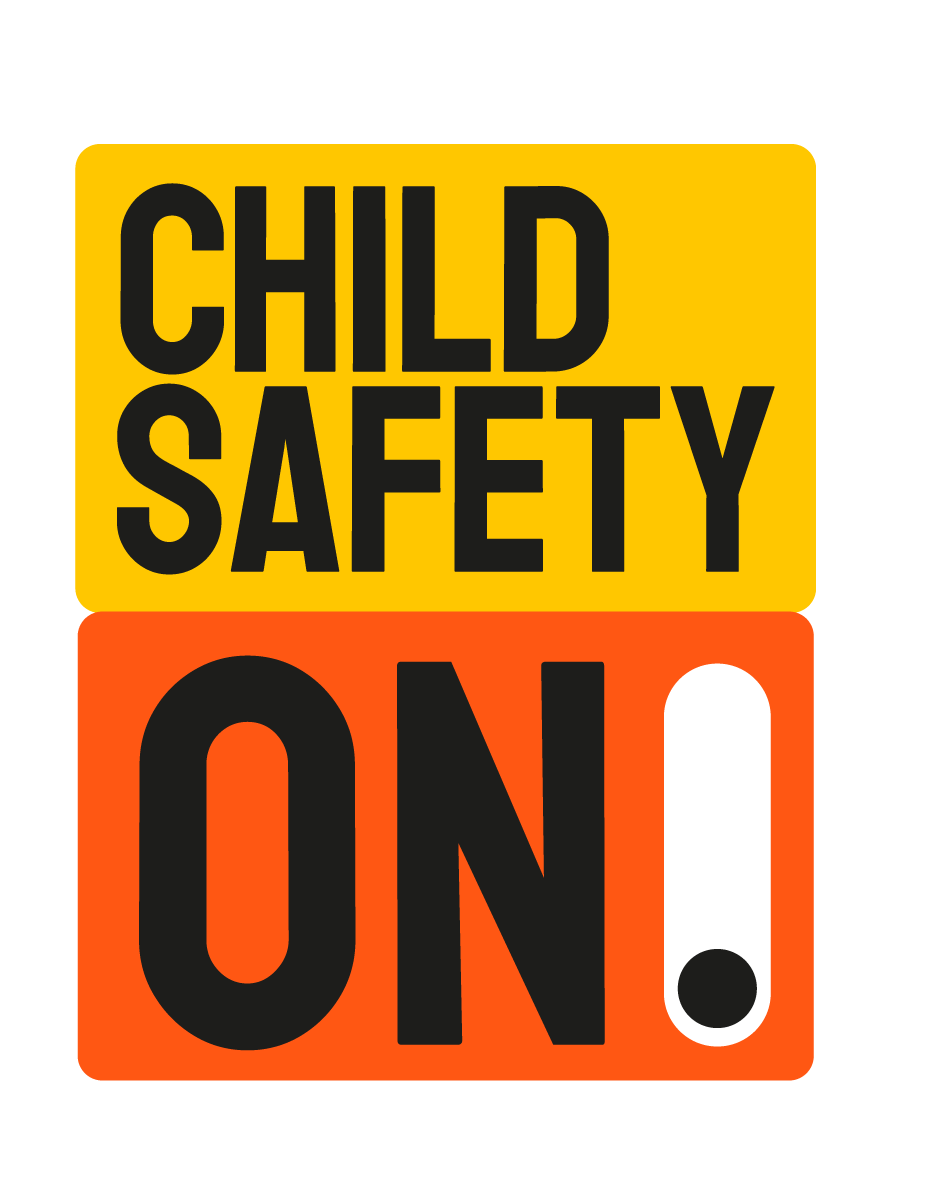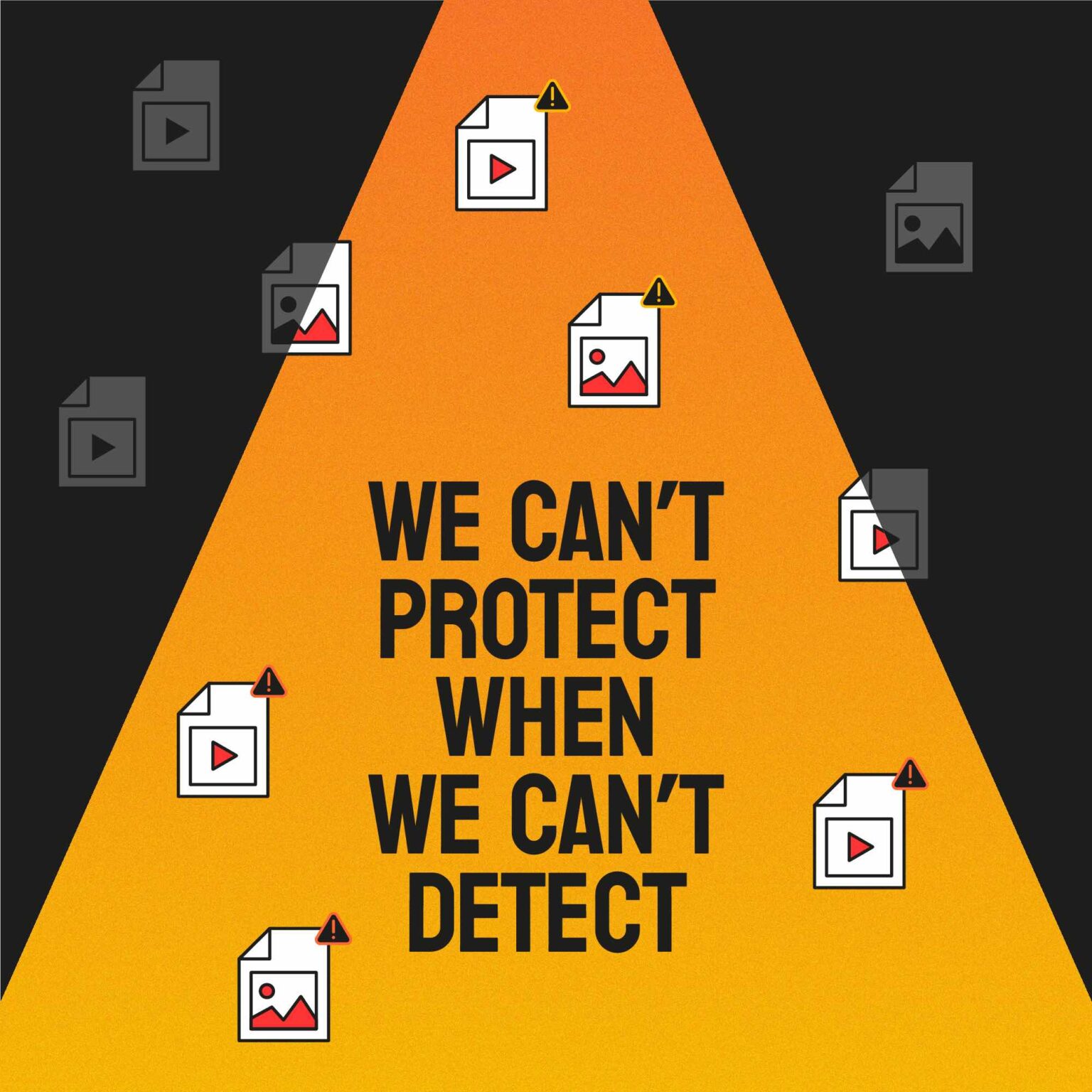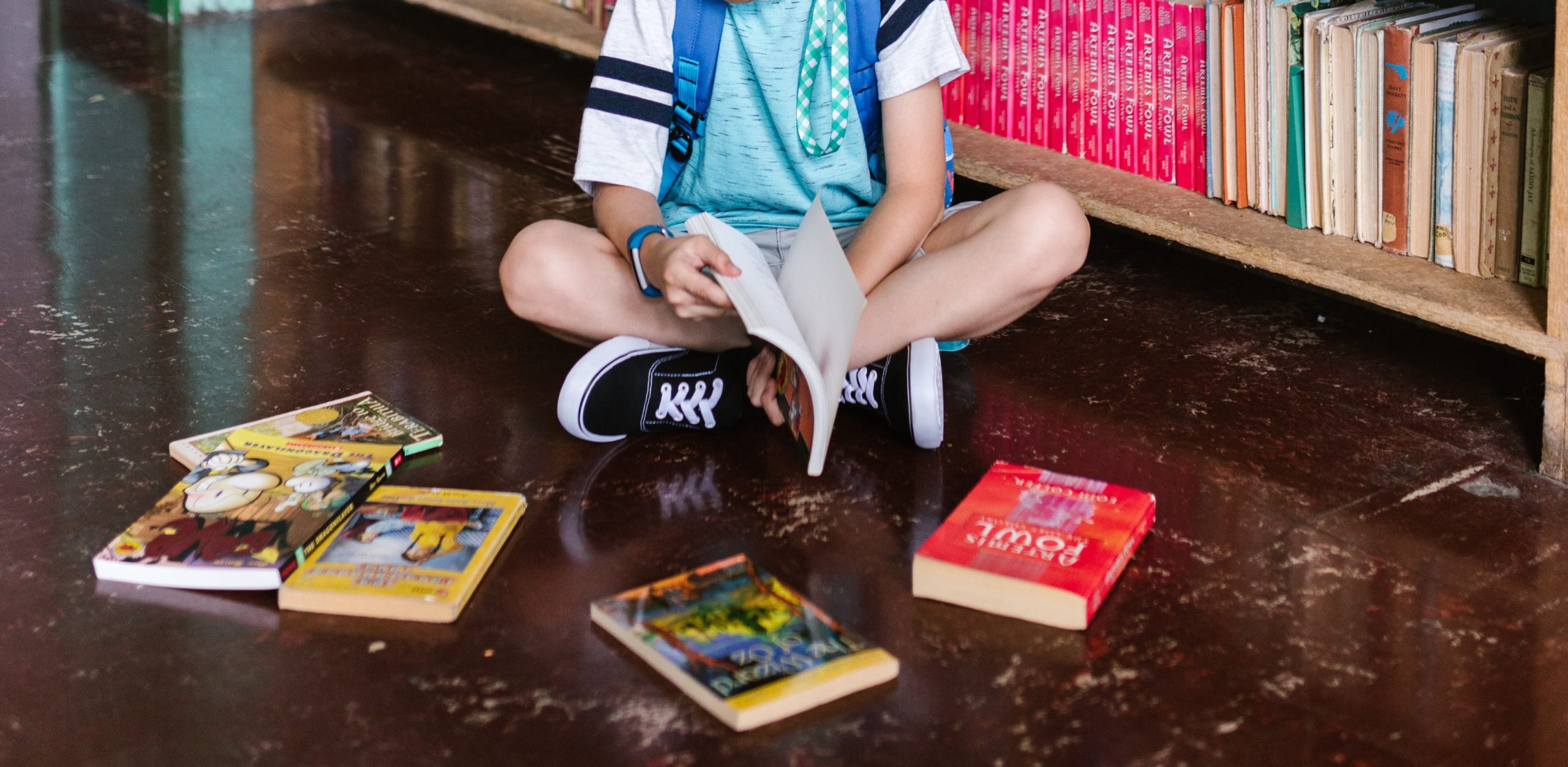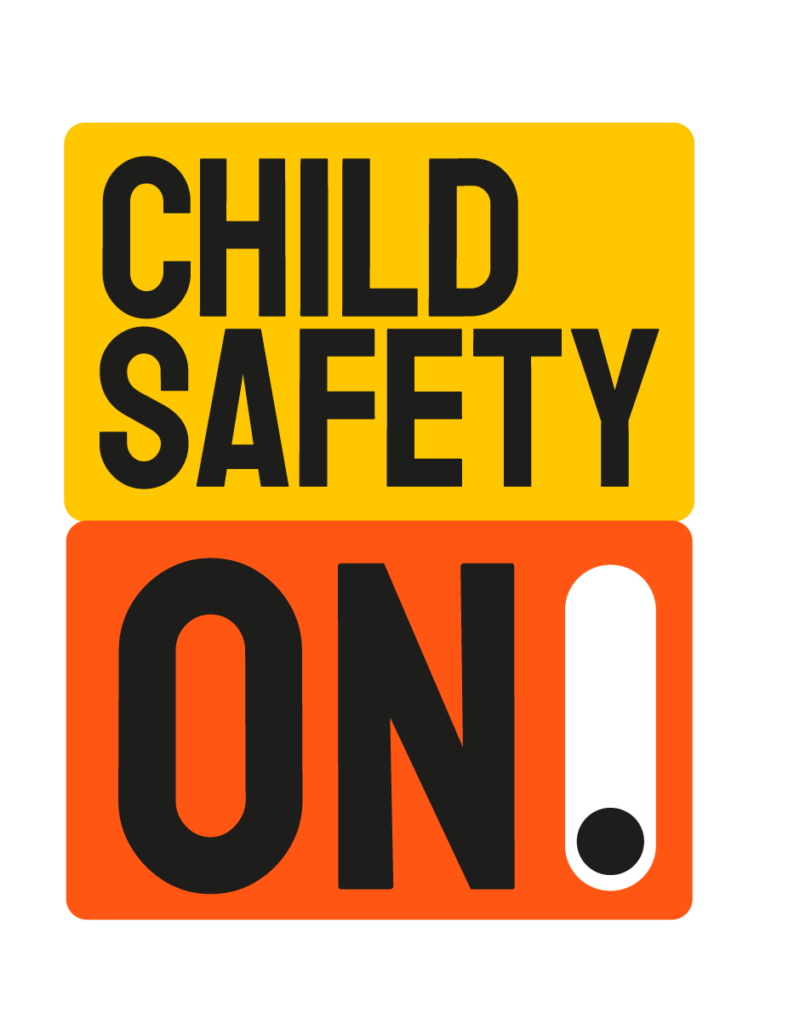Why you too should protect children’s rights to be safe online.

Following society’s ever-increasing reliance on digital technologies and the internet for just about everything, it is only fair to ask ourselves whether the online world is good or bad for our children.
The internet is a great space for them to learn new things, talk to friends and family, and be creative. But the internet can also be a dangerous place for children. Some people online can try to trick and hurt them into sexual abuse. We must unite to create an online world that is safe for kids.
ECPAT’s global study ‘Disrupting Harm’ on online child sexual exploitation and abuse shows that children are eager to learn how to stay safe online! Caregivers, parents, and teachers have a role to play in providing them with the right resources on how to be safe online.
However, child safety online is much more than children being aware of the online risks. Online service providers, such as social media and messaging platforms, tech companies, and politicians have a huge role to play in ensuring legal platform regulation and detection of online abuses.

It is time that we regulate the online world with child safety in mind.
Politicians in the EU are currently discussing a law that, if approved, will require online service providers to detect, report, and remove child sexual abuse online, including images and videos of children being abused (child sexual abuse material) and dangerous messages aimed at children (grooming). In addition, online service providers will be required to adopt strong safeguarding mechanisms, such as age verification tools, to prevent child sexual abuse online in the first place.
“Regulation can help us engage in meaningful conversation about the protection of children from violence online.”
Amy Crocker, Head of Child Protection and Technology, ECPAT International


ECPAT and child rights organisations in the EU and beyond are united under a common mission: we must safeguard children from the crimes of sexual abuse and exploitation online! Be part of the #ChildSafetyON movement and support our campaign to call on politicians, online service providers, and tech companies to take responsibility in the creation of a better digital world, one where all children will feel empowered and safe from the increasing risks of sexual abuse and exploitation.
In 2020, ECPAT launched Project Beacon in response to the EU digital rights policy changes that would disadvantage children, dismantling their right to feel safe and protected online. Since then, we keep advocating in the EU (and beyond) for online service providers, tech companies, and governments to share their responsibility in creating a safer world for children online. They must agree on mutual efforts to prevent and combat child sexual abuse online!

Children voices must be included in every decision that affects their lives and well-being. ECPAT believes that children should be involved at every stage of any legislative process that affects them. In particular, policy makers should continuously assess the impact of legislations, such as the European Commission’s proposed regulation, on children’s rights.
“Will we continue to fail child victims of online abuse, or we will stand for their right to be safe online?”
Amy Crocker, Head of Child Protection and Technology, ECPAT International
We look forward to working with all interested parties, to share our expertise, and create a safe world for children online. A coordinated response against online threats to children is the only way to turn the tide on child sexual exploitation and abuse online.

Project Beacon will continue to advocate for change and ensure child safety online in the digital spaces both on the long-term perspective and urgent matters.
There is a collective effort between ECPAT members in EU Member States, ECPAT International, and other child rights organisations across the EU: Together, we are informing and influencing the public and media debate around these crucial issues.
ECPAT International invites you to join us as we advocate for the rights of children online. Change cannot be achieved without your help, and we welcome all voices on the topic. Get in touch and stay tuned for exciting developments to come!
 Public Opinion is clear: Urgent Legislations are required to protect children online!
Public Opinion is clear: Urgent Legislations are required to protect children online!
What do the EU citizens really think about data privacy and child protection online?
How far are we to ensure Child Safety Online in the EU? A timeline of events.
Towards online child protection in the EU
Discover Tools to Prevent Child Sexual Abuse Online!
Why Does Online Child Protection Matter? Here is ECPAT Project Beacon to explain why
ECPAT welcomes European Commission’s proposal to prevent and combat child sexual abuse
What is ECPAT doing to ensure Child Safety Online in the EU?
Comment, like, and share to help us get the word out! #EUvsChildSexualAbuse #ChildSafetyON